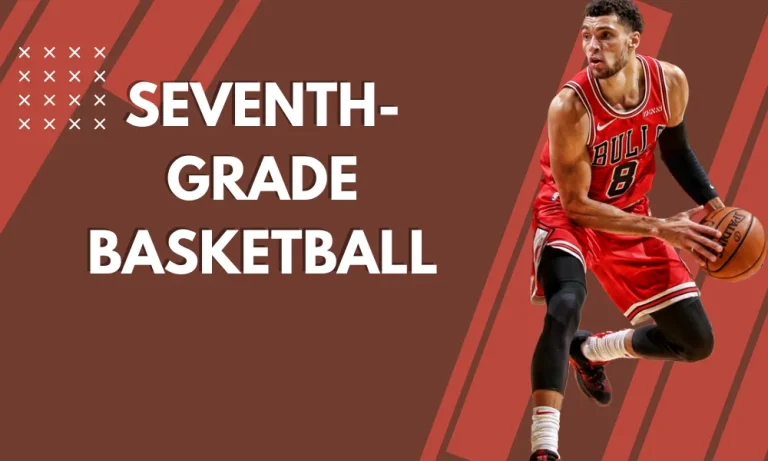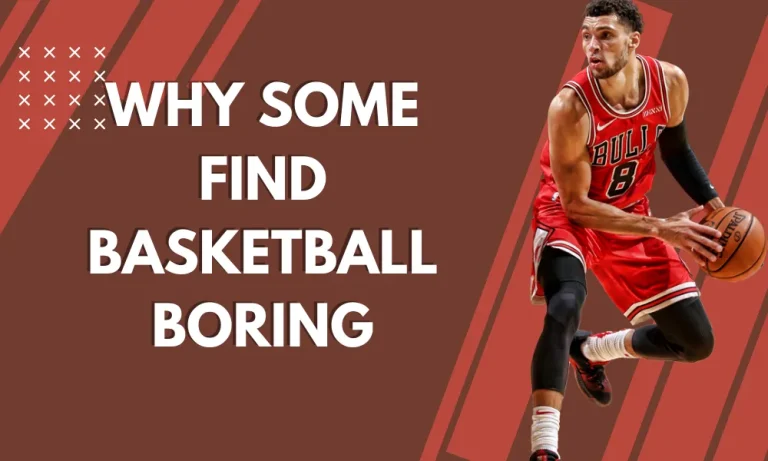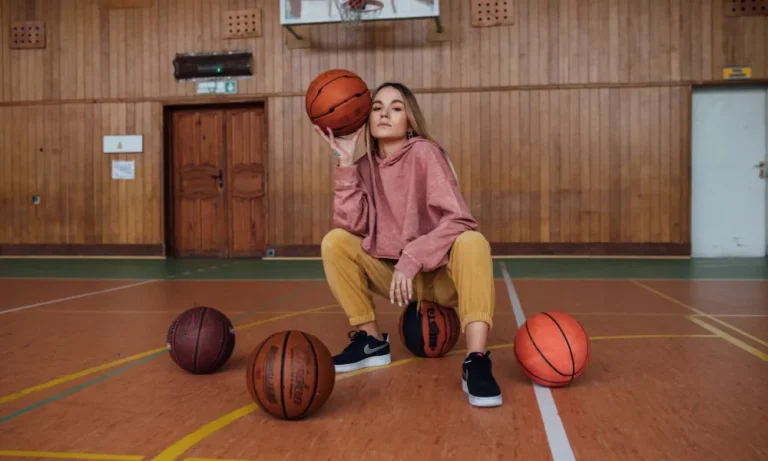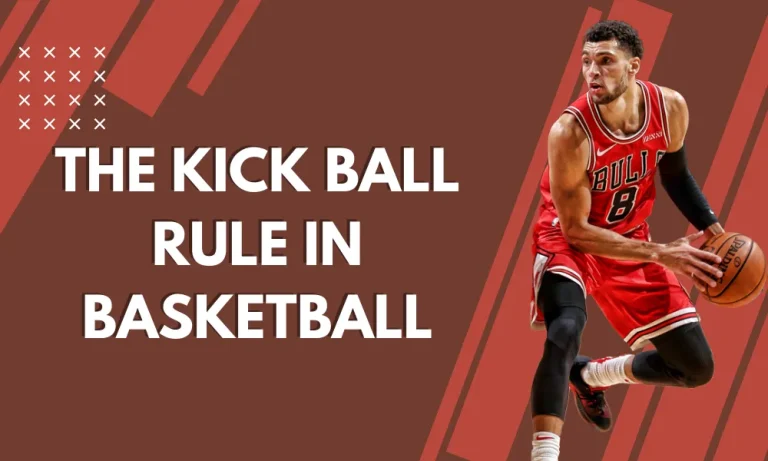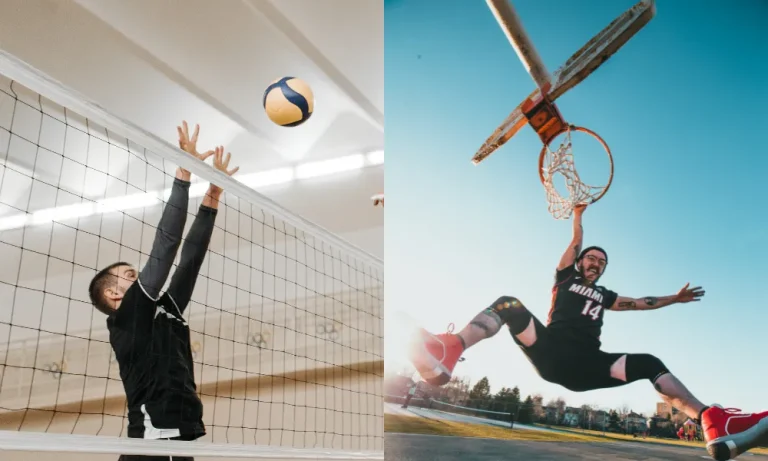Height in Basketball: Is 6’2” Too Short to Succeed
Have you ever wondered if height plays a crucial role in basketball success? Many aspiring players, especially those who are not blessed with towering stature, often question if their height will limit their potential on the court. In this blog post, we will explore the common misconception that being 6’2” is too short to succeed in basketball. Let’s dive in and uncover the truth behind height and basketball prowess!
Understanding the Role of Height in Basketball
When it comes to basketball, understanding the role of height is essential to dispel the notion that being 6’2” is too short to succeed. Let’s take a closer look at the different positions in basketball and the height requirements traditionally associated with each.
In basketball, there are five main positions: point guard, shooting guard, small forward, power forward, and center. Traditionally, taller players were preferred for the power forward and center positions, while shorter players were expected to excel as point guards and shooting guards. However, the game has evolved, and the emphasis on height has become less rigid.
While being taller does have its advantages, such as the ability to dominate in the paint and block shots, shorter players often possess exceptional speed, agility, and ball-handling skills. Point guards, for example, rely on their quickness and court vision to lead their teams effectively. Similarly, shooting guards need to be agile and possess excellent shooting skills to score efficiently.
It’s important to note that there have been numerous successful basketball players who have defied height expectations. Players like Allen Iverson, who stood at 6’0”, and Chris Paul, who is 6’0” as well, have proven that height is not the sole determinant of success in basketball. These players have honed their skills, utilized their strengths, and outsmarted taller opponents with their basketball IQ and determination.
Skills and Abilities: Going Beyond Height
When it comes to basketball, skills and abilities play a pivotal role in compensating for a lack of height. While height can provide certain advantages, it’s essential to recognize the importance of other attributes that can make a player successful on the court.
Agility is a crucial skill that allows players to change direction quickly, evade defenders, and navigate through tight spaces. Being agile enables players to create scoring opportunities, even if they are not the tallest on the court. Additionally, speed is another attribute that can make a significant difference. A quick player can outrun opponents, make fast breaks, and excel in transition plays.
Shooting accuracy is a skill that transcends height. A player with a reliable jump shot and excellent shooting technique can score points consistently, regardless of their height. Accuracy from long-range can also stretch the defense and create opportunities for teammates.
Basketball IQ, or the ability to make smart decisions on the court, is invaluable. Understanding the game, reading defenses, and making precise passes can compensate for a lack of height. Renowned players like Steve Nash, who is 6’3”, or Isaiah Thomas, who is 5’9”, have excelled due to their high basketball IQ and ability to make intelligent plays.
The Impact of Height in Different Levels of Basketball
Height plays a varying role in professional basketball leagues, college basketball, and high school basketball. Let’s take a closer look at how height expectations differ at each level and the influence it has on player recruitment and scouting processes.
In professional basketball leagues, such as the NBA, height often holds significant importance. Traditionally, taller players are sought after for positions like center and power forward, as their height allows them to dominate the paint, block shots, and provide a strong defensive presence. However, the game has evolved, and there is now a greater emphasis on skill, versatility, and basketball IQ. This means that shorter players who possess exceptional skills and abilities can still find success in professional basketball.
In college basketball, height requirements may vary depending on the team’s style of play and the level of competition. While certain positions may still prioritize taller players, there is more room for players of different heights to make an impact. College coaches often value skills, work ethic, and the ability to contribute to the overall team strategy.
In high school basketball, height expectations can also differ. While taller players may have an advantage in terms of rebounding and shot-blocking, shorter players can excel through speed, agility, and scoring abilities. High school coaches often focus on developing a well-rounded team that can compete effectively, regardless of individual height.
When it comes to player recruitment and scouting processes, height often plays a role in initial evaluations. However, recruiters and scouts also consider a player’s skills, potential, and overall fit within a team’s system. They recognize that height is not the sole determinant of a player’s success and look for individuals who can contribute in various ways on the court.
Overcoming Height Challenges: Training and Conditioning
Training programs and conditioning routines play a crucial role in maximizing performance, regardless of height, in basketball. By focusing on specific exercises and techniques, players can enhance their agility, vertical leap, and overall athleticism, allowing them to compete at their best.
To improve agility, drills that emphasize quick changes of direction, such as ladder drills or cone drills, can be highly effective. These exercises help develop footwork, balance, and reaction time, enabling players to navigate through defenders with ease.
For enhancing vertical leap, plyometric exercises are key. Jumping exercises like box jumps, depth jumps, or jump squats can strengthen leg muscles and increase explosiveness. Additionally, incorporating strength training exercises like squats and lunges can improve lower body strength, contributing to a higher vertical leap.
Overall athleticism can be enhanced through a combination of cardiovascular exercises, such as running or swimming, and functional strength training. Functional exercises, like medicine ball throws or resistance band exercises, simulate basketball movements and improve overall body coordination.
Aspiring basketball players can optimize their physical capabilities by maintaining a consistent training routine, staying dedicated, and focusing on proper nutrition and rest. It’s crucial to listen to your body, avoid overtraining, and seek guidance from coaches or trainers to ensure a safe and effective training program.
Changing Perspectives: Embracing Diversity in Basketball
In recent years, there has been a significant shift in the mindset of basketball, focusing more on skill, versatility, and teamwork rather than height alone. This changing perspective has opened doors for players of all heights to excel and contribute to the game.
Numerous success stories have shattered height stereotypes and showcased the power of skill and determination. Players like Allen Iverson and Stephen Curry, who are not exceptionally tall, have achieved greatness through their exceptional ball-handling, shooting, and basketball IQ. They have proven that height is not the sole determinant of success in basketball.
This evolving mindset encourages inclusivity and diversity in the sport. It highlights the importance of appreciating players of all heights and recognizing their unique contributions to the game. Shorter players can bring speed, quickness, and agility, while taller players may provide size, rebounding, and shot-blocking abilities. Embracing diversity in basketball leads to a more exciting and dynamic game.
It is essential for players, coaches, and fans to appreciate the diverse talents and skills that individuals of all heights bring to the court. By embracing this diversity, we create an inclusive environment that encourages players to showcase their abilities without being limited or defined by their height.
Conclusion
Height should never be seen as the sole determinant of success in basketball. The evolving mindset in the sport now emphasizes skill, versatility, and teamwork over height alone. Players like Allen Iverson and Stephen Curry have shattered height stereotypes, proving that greatness can be achieved regardless of height. By embracing diversity and appreciating players of all heights, we create a more inclusive and dynamic basketball community.
FAQs – Is 6’2” Too Short to Succeed in Basketball?
Can a player who is 6’2” succeed in basketball?
Yes, success in basketball is not solely determined by height. Skills, agility, and determination play a significant role.
Are there any successful basketball players who are 6’2” or shorter?
Absolutely! Players like Allen Iverson and Chris Paul have achieved greatness despite being shorter in stature.
What factors contribute to success in basketball apart from height?
Skills like shooting, ball-handling, basketball IQ, agility, and teamwork are crucial for success in basketball.
Can a player who is 6’2” become an excellent shooter?
Yes, height is not the sole determinant of shooting ability. Proper technique, practice, and dedication can make any player an excellent shooter.
Can a player who is 6’2” excel in defense and rebounding?
Yes, shorter players can excel in defense by utilizing their agility, quickness, and anticipation skills. Boxing out and positioning are key for rebounding.
How can a player who is 6’2” maximize their potential in basketball?
By focusing on skill development, agility training, and understanding the game strategically, a player can maximize their potential regardless of their height.


